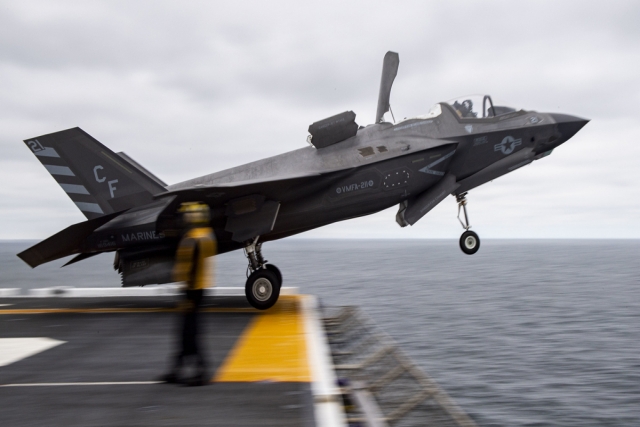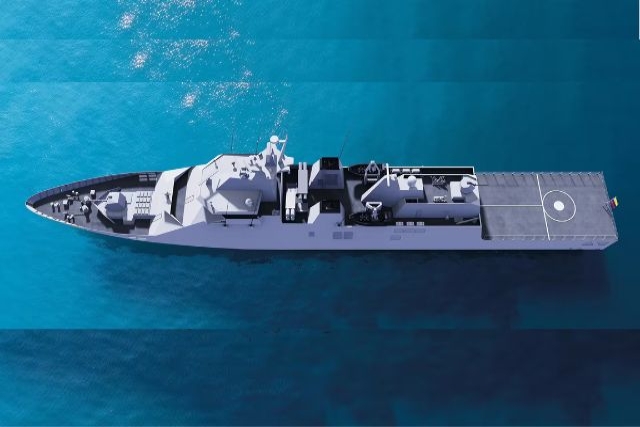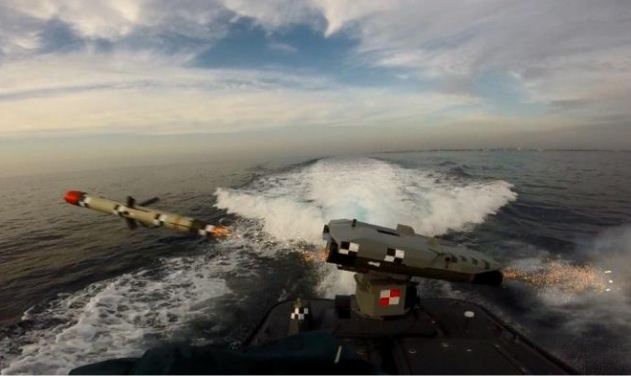South Korea to Develop Iron Dome-like Air Defense System
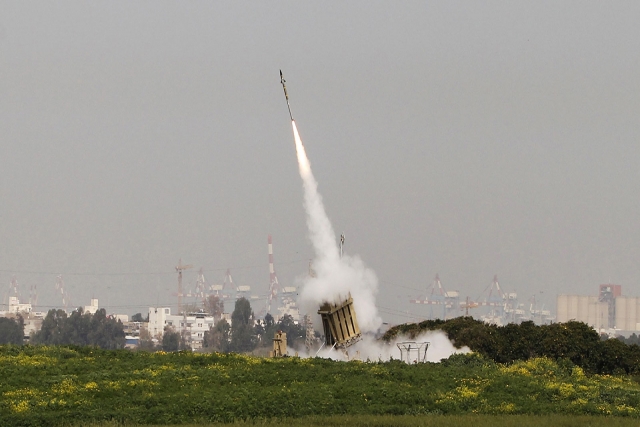
The South Korean Defense Ministry in its defense blueprint for 2021-25 published Monday revealed plans to develop a Korean version of the Israeli Iron Dome interceptor in the next five years.
"When we talk about South Korea's missile defense system, it usually refers to one targeting North Korea's Scud-type or stronger missiles, whereas this new interceptor system will focus on protecting the capital area against the North's long-range artillery such as its 240-mm or 300-mm multiple rocket launchers,” a ministry official was quoted as saying by Yonhap today.
The air defense system is expected to be put into force in the late 2020s or early 2030s, officials said.
A budget of $253 billion (300.7 trillion won) has been earmarked for defense spending. Of the total, 100 trillion won was allocated for improving defense capabilities, while the remaining 200 trillion won was set for force management.
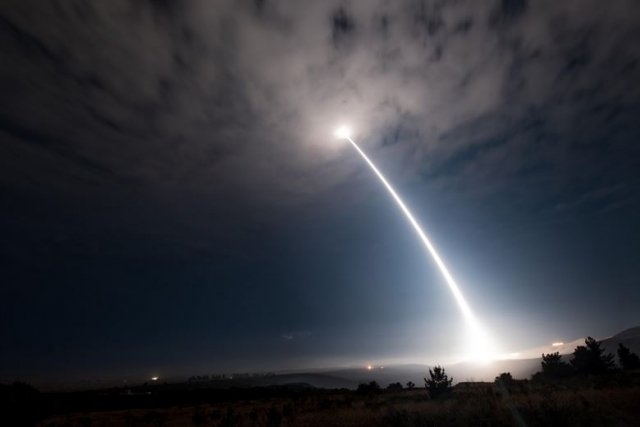
The ministry will also begin procedures to acquire a light aircraft carrier next year and kick-off production of KF-X jet under its 8.8 trillion won project launched in 2016.
Development of long-range air-to-surface and air-to-ship guided missiles to arm indigenous jets is also on the cards. DARPA, the South Korean arms procurement agency, said last week that it produced a prototype of an advanced radar system.
In addition, construction of 3,600-ton and 4,000-ton submarines for the Navy will take place during this period. A ministry official told Yonhap that the government plans to load submarine-launched ballistic missiles (SLBMs) on the new submarines. “Whether the SLBMs will be nuclear-powered is yet to be decided,” the official added.
After America recently struck some restrictions off the missile guidelines, Seoul will push to develop a space rocket to launch small-sized satellites, advancing the military’s ISR capabilities.
South Korea plans to put military surveillance satellites and unmanned reconnaissance planes into operation by 2025. It will also begin developing ultra-small satellites during the period to realize near real-time monitoring of the Korean Peninsula.

